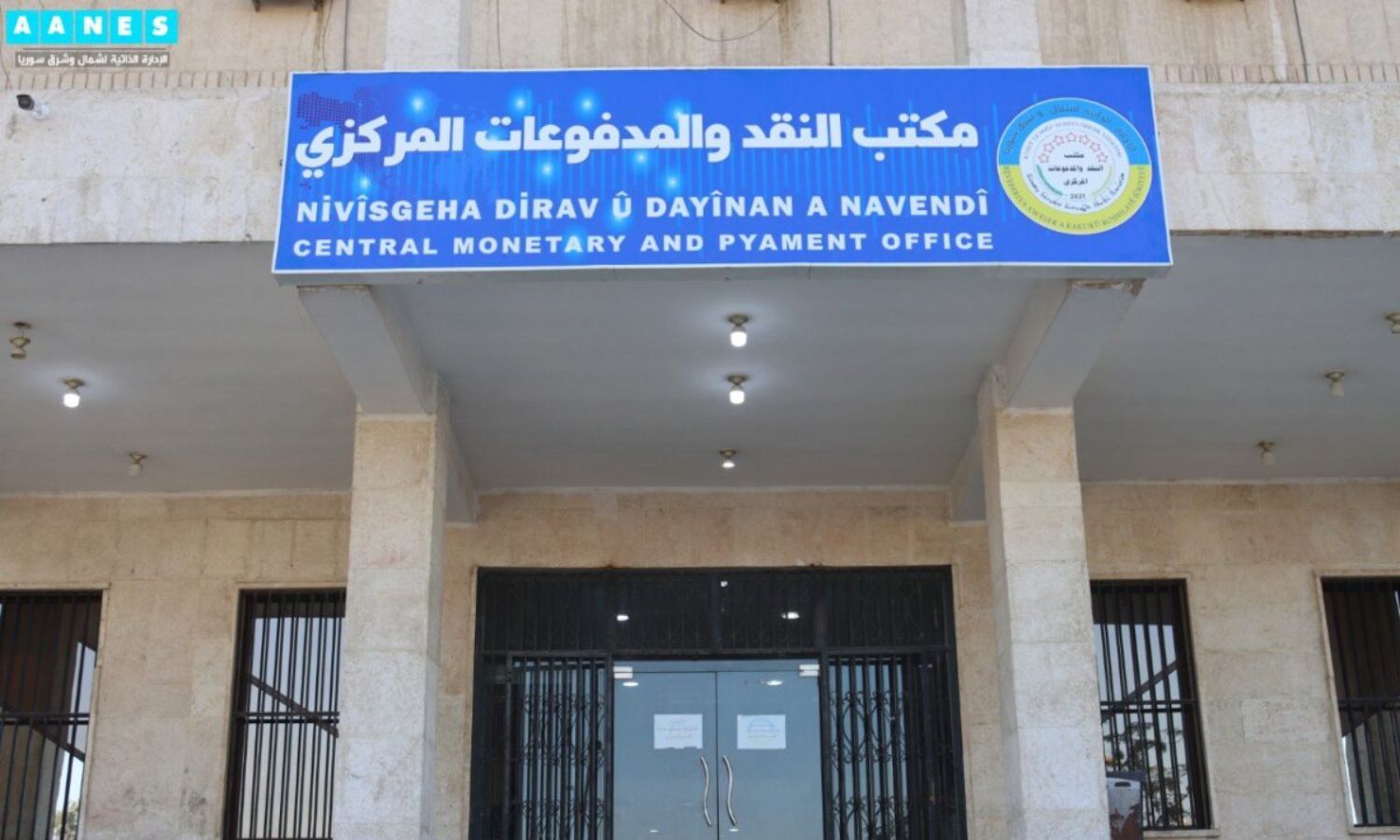The Autonomous Administration, operating in areas controlled by the Syrian Democratic Forces (SDF) in northeastern Syria, published Law No. 7 of this year, which sets the general budget for the region for the fiscal year 2024. According to Article 2 of the law, public revenues for the twelve months ending at the end of 2024 are estimated at $670 million, while public expenditures for the same period are estimated at $1.59 billion. This results in a projected budget deficit of $389 million for fiscal year 2024. The law, consisting of 37 articles, was dated June 6, with Article 37 stating that it is effective as of the first day of 2024.
Economic crises and Turkish strikes
One of the most prominent reasons for the economic crises suffered by the Autonomous Administration is the strikes launched by Turkish aircraft for weeks on the SDF’s economic centers. These strikes have severely disrupted the economy in northeastern Syria, requiring long periods to recover.
Political and military crises are almost a constant feature in northeastern Syria, but the economic strangulation appears to be a decisive blow that threatens to destabilize the fragile entity. The region’s oil wells generate between $700 and $800 million annually, a substantial amount compared to the rest of Syria, which has been deprived of 80% of the energy resources controlled by the Autonomous Administration. Additionally, wheat and other strategic crops, which are highly sought after by all parties in Syria, are predominantly produced in the territories controlled by the Autonomous Administration.
According to Dr. Ahmad Yousef, co-chairman of the Finance Authority, in statements quoted by North Press, oil accounted for 92% of the Autonomous Administration’s total revenues in 2021, with customs contributing 7%, and other revenues, including taxes, making up 1%. The contribution of oil to total revenues dropped to 80% in 2022 and further to 76% in 2023.
Impact of Turkish strikes
In response to the October 2023 attack on the General Directorate of Security of the Ministry of Interior in Ankara, Turkish fighter jets and drones launched a series of extensive strikes on northeastern Syria. Unlike previous escalations focusing on military targets, these strikes targeted power plants, oil wells, and basic infrastructure. Estimates indicate that the losses from these raids amounted to more than $500 million, covering the costs of repairing the damage. However, the losses in expected profits far exceed this figure, primarily due to the interruption of funding for the budget, where oil constitutes more than 80% of revenues.
The Autonomous Administration is now facing the most severe economic crisis in its history. This crisis was exacerbated by the necessity to seek assistance from the Syrian regime to repair and restart the domestic gas filling unit at al-Suwaidiya gas station in Hasakah countryside. The station had been heavily damaged and rendered completely inoperative due to intense Turkish shelling that targeted dozens of SDF positions in northeastern Syria in mid-January.
This article was translated and edited by The Syrian Observer. The Syrian Observer has not verified the content of this story. Responsibility for the information and views set out in this article lies entirely with the author.


